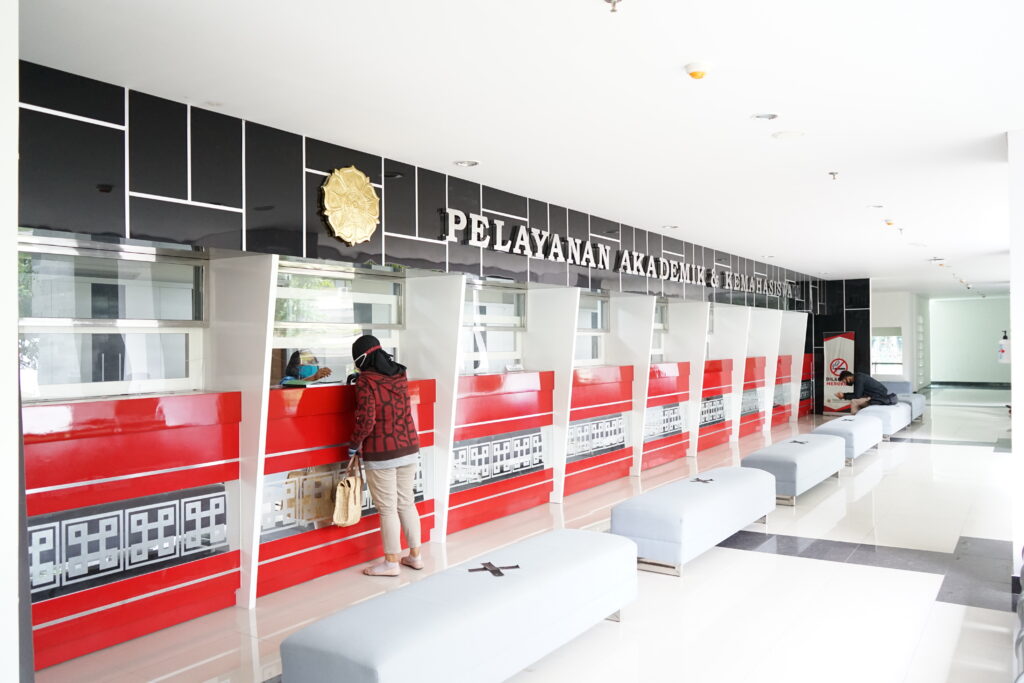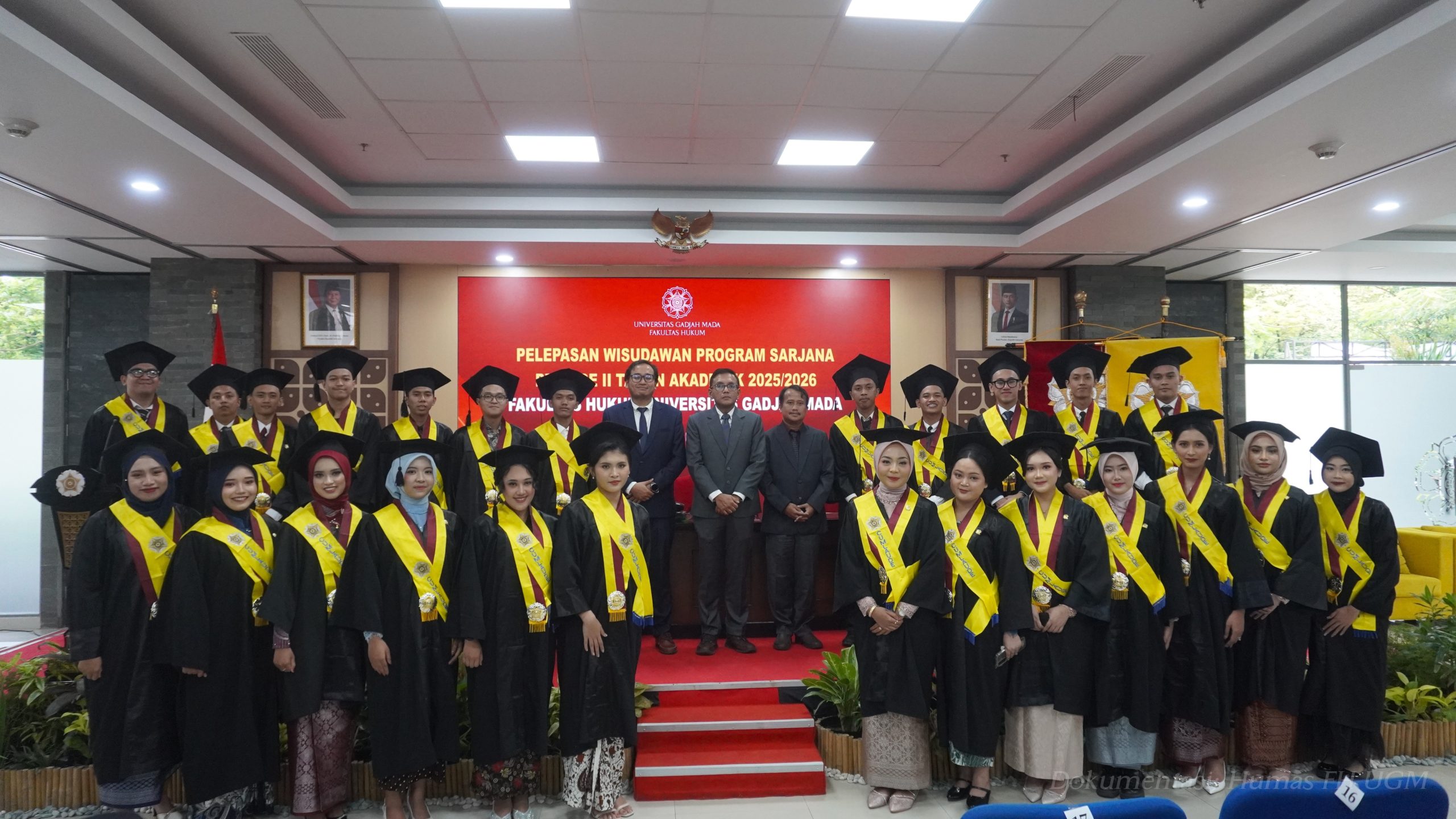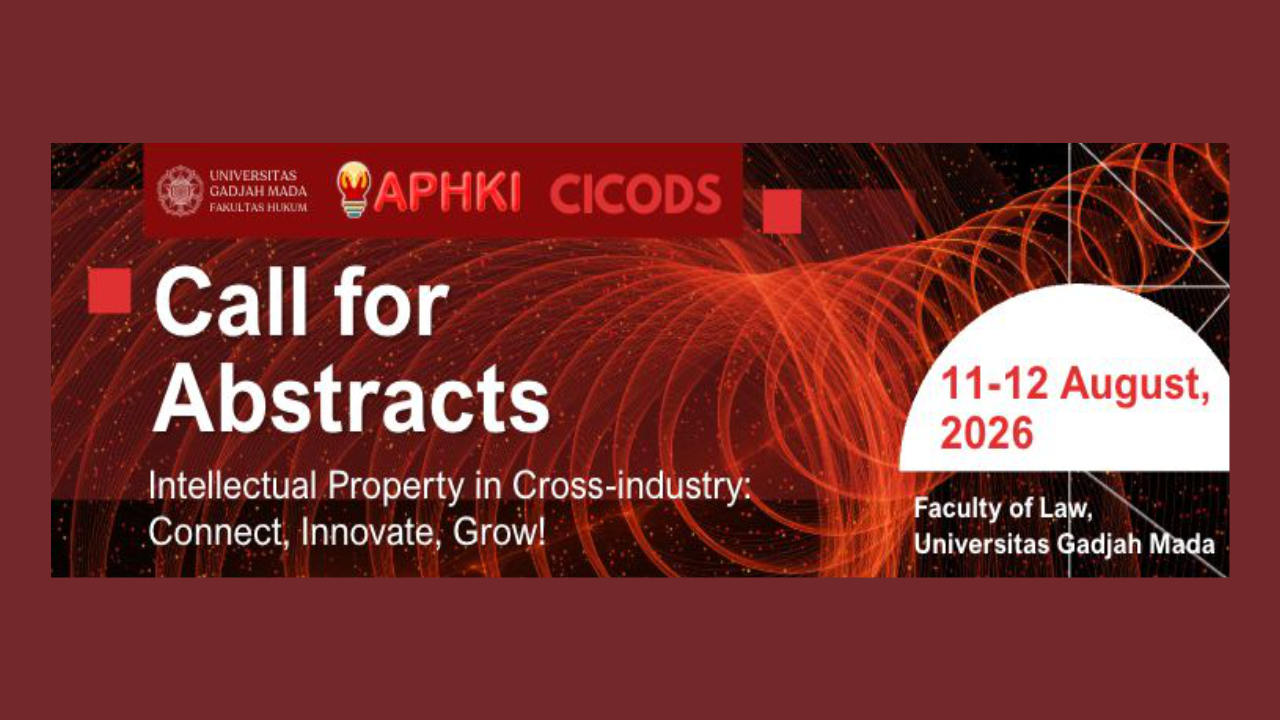Special Panel by Faculty of Law in the International Symposium on Social Science 2018
The Center for Southeast Asian Social Studies UGM, Faculty of Law UGM, Communication Department, Faculty of Social and Political Science UGM organized the International Symposium on Social Science 2018, Social Science in the Age of Transformation and Disruption – Its Relevance, Role & Challenge on 4-5 September 2018 at the Balai Senat UGM and Graduate School UGM. At this symposium, Faculty of Law UGM was honored to take part as a Special Panel by Faculty of Law: Copying Up with Disruptive Technology: A Legal Perspective.
This symposium was attended by social scientists from many countries. They discuss and reflect the philosophy of the relevance, roles and challenges of social science. The aspects of the discussion are ontology, epistemology and axiology of social science and to be linked to the law and the dynamics of society today.
In this special panel, 2 lecturers: Rikado Simarmata (Rikardo), Nabiyla Risfa Izzati (Nabyla); and 3 students: Diantika Rindam Floranti (Diantika), Eka Nanda Rafizky (Eka) and Frendy Tanoto Yoga (Frendy) have opportunity to present their work. At this occasion, Rikardo Agrarian Law Department Lecture presented his paper “The Role and Challenge of Social Study of Law”. Nabilya shared her paper “Labour Law Challenge in Gig Economy: Updating Indonesia’s Outdated Labour Law Regulation”. She stated that the new form gig economy has disrupted the long-establish regulations and policies as scholarly understanding of work. The birth of online platform and mobile apps to connect consumer, business and workers such that often for jobs lasting no longer than few minutes, has shaped the new form of employment relationship. Its changed many traditional concepts known by society. Subsequently, many aspects of the gig economy business arrangement could not be found in the existing regulations and policies in Indonesia, specially, labour law.
Diantika in other hands on her paper, “Legal Reform on Disruptive Technology: A Retrospective on How The International Humanitarian Law Responds Armed Unmanned Aerial Vehicle (UAVs)” tries to find the link between law reform and he development of disruptive technology, by referring to the utilization of Armed UAVs as a disruptive technology in warfare and how International Humanitarian Law responds it. Seemingly, the current body of developed Humanitarian Law is sufficient to handle drones as a mere technological innovation. Nonetheless, law reform is still made in broader sense since Drone then considered as one of military weapon and thus incorporated under the already established rules of IHL.
Eka on his paper, “Understanding the Changing Concept of Electronic Transaction by Using Cryptocurrency in the Disruption Technology Era” discussed about electronic transaction development that raises a new type of currency, cryptocurrancy. It is disruptive because it can interfere with financial stability and be misused by criminal organizations (such as terrorists) for financing their activities through money laundering. Indonesia has not specifically regulated this matter. So far, only an appeal has not been established. Indonesia must act immediately by making more specific and comprehensive rules such as those carried out by Singapore and strengthening the role of the financial intelligence unit in Indonesia to handle terrorist funding issues.
Lastly, Frendy, on his paper “A Legal Analysis on Personal Data Protection Principles under Indonesia Personal Data Protection Law According to OECD Guidelines on The Protection of Privacy and Trans border Flows of Personal Data” talked about the enacted of personal data protection around the world that became international agreement to align the standard of such protection which is, the OECD Guidelines on The Protection of Privacy and Trans border Flows of Personal Data. It laid down the core principles of personal data protection which have to be embodied in the national law. In Indonesia the regulation to protect personal data has already embodied principle of personal data protection as established under the OECD Guidelines which is Law Number 20 of 2016 on Personal Data Protection, Law Number 11 of 2008 on Information and Electronic Transactions and Government Regulation Number 82 of 2012 on Management of Electronic Systems and Transactions. However, further and more specific stipulation on the principles is still needed as related provisions are not clearly regulated. This crucial to be taken into consideration as the bill for Indonesian personal data protection las is still under preparation. MRR








